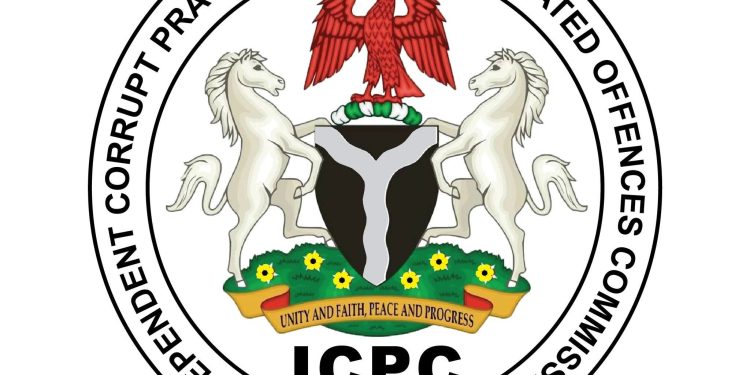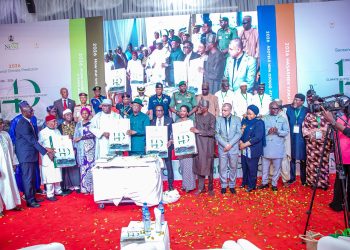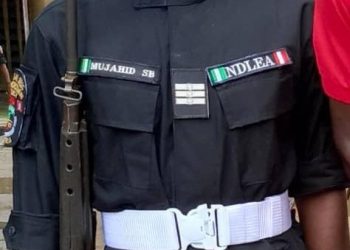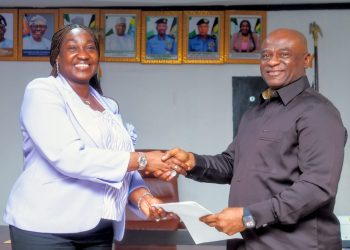By Nkechi Eze
The Federal Capital Territory (FCT) High Court in Abuja has dismissed a fundamental rights enforcement suit filed by the suspended Director-General of the Nigerian Civil Aviation Authority (NCAA), Captain Musa Nuhu, against the Independent Corrupt Practices and Other Related Offences Commission (ICPC).
In suit number FCT/HC/CV/3384/2024, Captain Nuhu had challenged the ICPC’s invitation to him over allegations that he retained official vehicles belonging to the Federal Government during his suspension from office.
According to an official statement signed by the Commission’s spokesperson, Demola Bakare, the applicant alleged that the invitation by the ICPC amounted to harassment, intimidation, and a violation of his fundamental rights to personal liberty and freedom of movement as enshrined in Sections 35 and 41 of the 1999 Constitution (as amended).
Captain Nuhu also argued that he was already under investigation by the Economic and Financial Crimes Commission (EFCC), and that the ICPC’s invitation constituted a duplication of investigative functions and an infringement on his rights.
However, in a 13-paragraph counter-affidavit filed before the court, the ICPC maintained that Captain Nuhu had failed to return three official vehicles belonging to the Federal Government, eight months after his suspension. The vehicles were identified as a Toyota Land Cruiser VXR V8 5.7 (2019 model), a Toyota Hilux (2018 model), and a Lexus LX 570s (2019 model).
The Commission stated that the vehicles were government properties still in the applicant’s possession and that its invitation was within the lawful bounds of its statutory mandate to recover public assets pending the conclusion of investigations.
The ICPC further clarified that the invitation extended to the suspended NCAA boss was strictly limited to the recovery of the vehicles and not related to any other corruption investigation being conducted by the EFCC. It stressed that the exercise of its powers under the ICPC Act does not amount to harassment but is part of its duty to safeguard public property and ensure accountability among public officials.
Delivering judgment, Honourable Justice Njideka Nwosu-Iheme held that Captain Nuhu had failed to establish any breach of his fundamental rights or any basis for judicial intervention.
The Presiding Judge ruled: “Courts must refrain from clipping the wings of enforcement agencies, including the Respondent (ICPC), unnecessarily. The Applicant has failed to prove the basis of his assertion, and his case therefore fails. The sole issue is resolved in the negative and in favour of the Respondent. I refuse this application for being unmeritorious and lacking in merit. The application is dismissed in its entirety.”
The court’s decision affirms the ICPC’s legal authority to invite and question suspended or serving public officers over the use or retention of government property pending investigations.
With the judgment, the Commission’s right to carry out its statutory duties, particularly in matters involving the recovery of public assets was reaffirmed, reinforcing the judiciary’s recognition of the ICPC’s role in promoting accountability and integrity within the public sector.

















